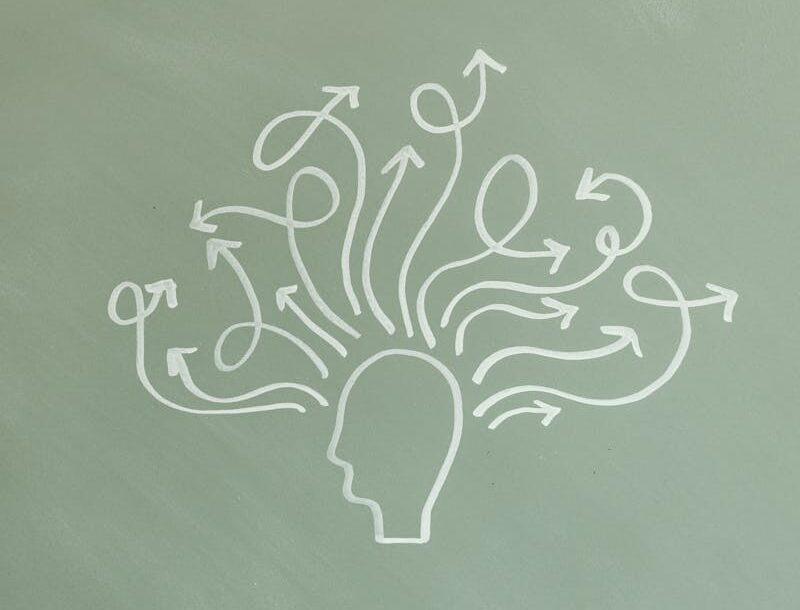Have you ever felt that the world suddenly became blurry and unfamiliar, as if separated by an invisible barrier? That floating, detached feeling, like watching a movie rather than truly living in reality. When we were children, we could feel the touch of the wind, the fragrance of flowers, and the warmth of the sun—sensations so vivid that they seemed to bring us closer to happiness. But now, this sense of reality and joy seems to have faded, replaced by an indescribable sense of disconnection.
In psychology, this phenomenon is called derealization. It is not a disease but rather a psychological state or symptom. It can be triggered by prolonged stress, anxiety, lack of sleep, physical issues (such as cervical spine problems), or emotional trauma. While it is not an illness, staying in this state for too long can affect our perception of reality and impact our work, studies, and relationships.
Take a moment to reflect: Do you often find yourself lost in memories or consumed by thoughts of the future? From replaying an unpleasant conversation with your mother while cooking to days spent worrying about the possibility of losing your job—our minds are constantly filled with thoughts. These thoughts trap us in our inner world, making us overlook the reality around us, as well as our emotions and feelings. Over time, our ability to perceive the external world diminishes, and we become more inclined to retreat into our thoughts, neglecting our true experiences. Gradually, we begin to feel like mere observers—as if we are spectators of a film rather than active participants in life.
So how can we shift from being observers to participants and regain our sense of reality?
Practicing Mindfulness: The Key to Reconnection
Try to identify what is preventing you from living in the present moment. What fears, worries, anger, or regrets are holding you back? Are they real, or are they just passing clouds in your mind—clouds that form and dissipate, completely within your control?
Because of these negative thoughts, our brains instinctively try to avoid undesirable outcomes, even if the likelihood of them happening is extremely low. This is why efficiency often becomes our primary focus. Observe yourself: Do you try to maximize every moment? For example, do you think about what else you can do while taking out the trash? Do you watch videos while eating just to feel productive?
Try to slow down. Allow yourself to be less efficient. When eating, focus on the aroma of the rice, the texture of an orange. When taking out the trash, feel the outdoor temperature, notice the cracked walls, the cobwebs in the corner, the lush greenery, or a neighbor returning from a walk. Live fully in each moment—sense, connect, experience. Even when you are simply sitting, pay attention to your breathing. With every inhale and exhale, you are connecting with the universe. Acknowledge your worries—if you didn’t complete a task this time, you can always return and do it again.
Changing habits that have formed over many years is difficult, but with continuous practice, you can regain a sense of reality. Of course, it will not be the same as it was in childhood—your experiences have shaped who you are today. These experiences bring biases, and those biases prevent us from living in the present. Recognizing these biases and treating each experience as if it were the first time can help break free from the cycle of self-fulfilling prophecies.
By consciously tuning in to yourself and your surroundings—by feeling the present moment—you can clear your mind. Let go of the past, stop worrying about the future, and free yourself from the endless stream of thoughts. Empty your mind and focus on the now: your breath, your emotions, the environment, the temperature, the sounds, the colors, the people around you. Expand your awareness—until you can feel the vastness of the universe itself.
Of course, this won’t happen overnight. Take it step by step. Don’t force it. A state of true presence comes from a place of non-attachment. In everyday life, we are often trapped by our desires. But with consistent practice, we can once again truly experience the world around us.
A Gentle Reminder
If you encounter difficulties or obstacles in this process, consider seeking the support of a professional coach. Additionally, since this phenomenon can have various underlying causes, if the symptoms become severe, it is advisable to consult a doctor or mental health professional for guidance.




